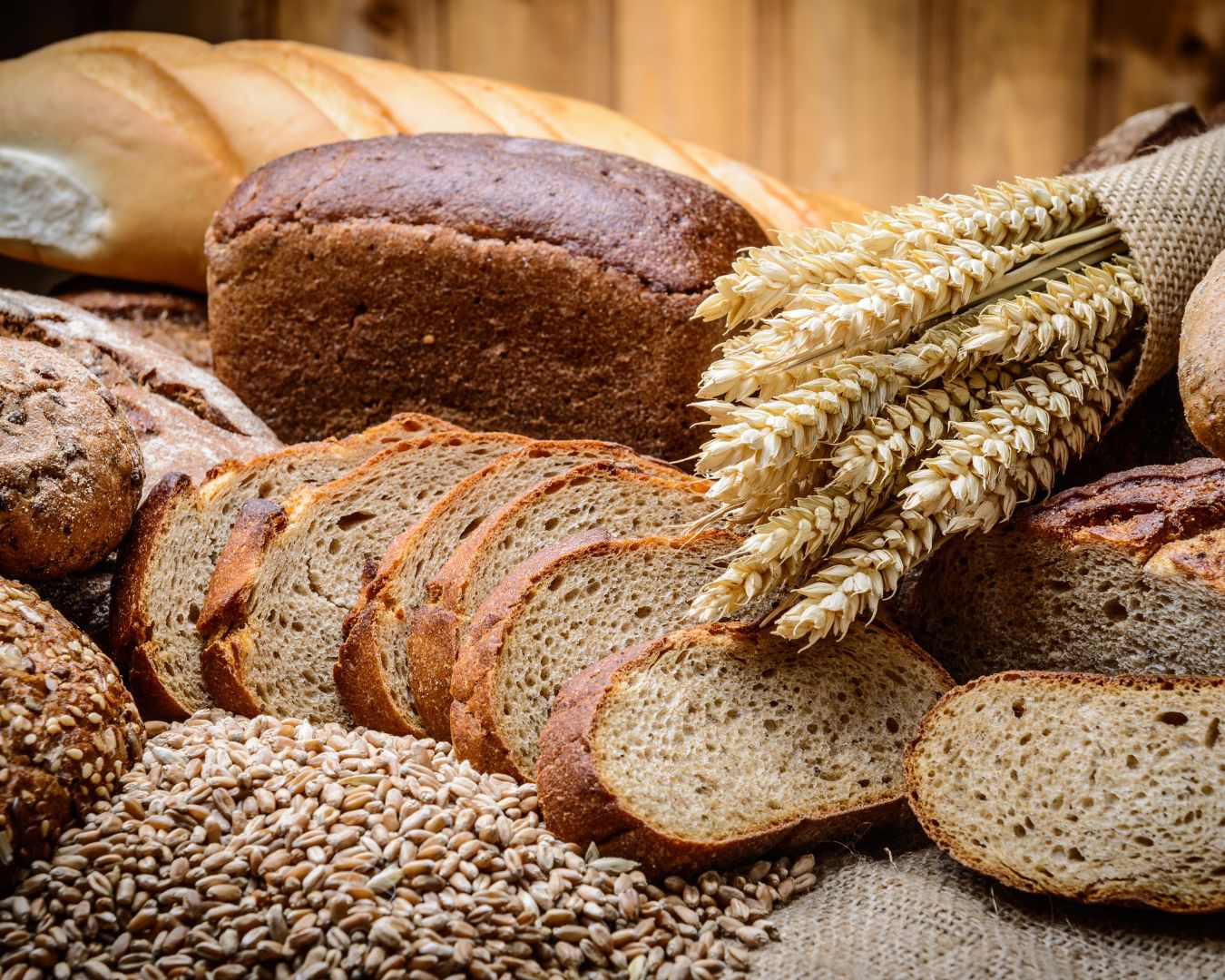In recent years, whole grains have gained significant recognition for their numerous health benefits. Unlike refined grains, which have been stripped of their nutritional value during processing, whole grains retain their natural fiber, vitamins, and minerals. Incorporating whole grains into your diet can lead to improved health outcomes and a more balanced lifestyle. Here’s a look at the key benefits of whole grains and how to easily include them in your daily meals. Enhanced Digestive Health High Fiber Content: Whole grains are rich in dietary fiber, which is essential for maintaining healthy digestion. Fiber adds bulk to the stool, promoting regular bowel movements and preventing constipation. It also supports a healthy gut microbiome, which is crucial for overall digestive health. Prebiotics: The fiber in whole grains acts as a prebiotic, feeding beneficial bacteria in the gut. A healthy gut microbiome has been linked to improved immune function, reduced inflammation, and better absorption of nutrients. Improved Heart Health Lower Cholesterol Levels: Whole grains contain soluble fiber, which helps reduce LDL (bad) cholesterol levels in the blood. This, in turn, lowers the risk of heart disease by preventing plaque buildup in the arteries. Heart-Healthy Nutrients: Whole grains are packed with essential nutrients like magnesium, potassium, and antioxidants. These nutrients support cardiovascular health by regulating blood pressure and reducing oxidative stress. Weight Management Satiety and Fullness: The fiber in whole grains helps you feel fuller for longer, which can aid in weight management. By promoting satiety, whole grains help control appetite and reduce the likelihood of overeating. Balanced Blood Sugar Levels: Whole grains have a lower glycemic index compared to refined grains. This means they cause a slower, more gradual increase in blood sugar levels, which helps maintain stable energy levels and reduces the risk of insulin resistance and type 2 diabetes. Better Nutrient Intake Essential Vitamins and Minerals: Whole grains are rich in B vitamins (such as folate, thiamine, and niacin), iron, and zinc. These nutrients are vital for energy production, red blood cell formation, and immune function. Antioxidants: Whole grains contain antioxidants like vitamin E and selenium, which help protect cells from damage caused by free radicals. Antioxidants are essential for reducing inflammation and lowering the risk of chronic diseases. Reduced Risk of Chronic Diseases Type 2 Diabetes: Regular consumption of whole grains has been associated with a lower risk of developing type 2 diabetes. The fiber and nutrients in whole grains help improve insulin sensitivity and regulate blood sugar levels. Certain Cancers: Studies suggest that a diet rich in whole grains may lower the risk of certain types of cancer, including colorectal cancer. The fiber, antioxidants, and phytochemicals in whole grains contribute to their protective effects. Easy Ways to Include Whole Grains in Your Diet Start with Breakfast: Swap out refined cereals for whole grain options like oatmeal, whole grain toast, or bran flakes. Choose Whole Grain Bread: Opt for whole grain or whole wheat bread instead of white bread for sandwiches and toast. Incorporate Whole Grains in Meals: Use brown rice, quinoa, barley, or farro as the base for your meals instead of white rice or pasta. These grains add texture and flavor while boosting nutritional value. Snacks and Baking: Include whole grains in your snacks by choosing popcorn, whole grain crackers, or baked goods made with whole wheat flour or oats. Experiment with New Grains: Try incorporating less common whole grains like amaranth, millet, or bulgur into your recipes to diversify your diet and enjoy new flavors. Incorporating whole grains into your diet offers numerous health benefits, from improved digestive health to better heart health and weight management. By making simple swaps and exploring a variety of whole grains, you can enhance your overall nutrition and support a healthier lifestyle. Embrace the versatility and richness of whole grains, and enjoy the positive impact they can have on your well-being.



